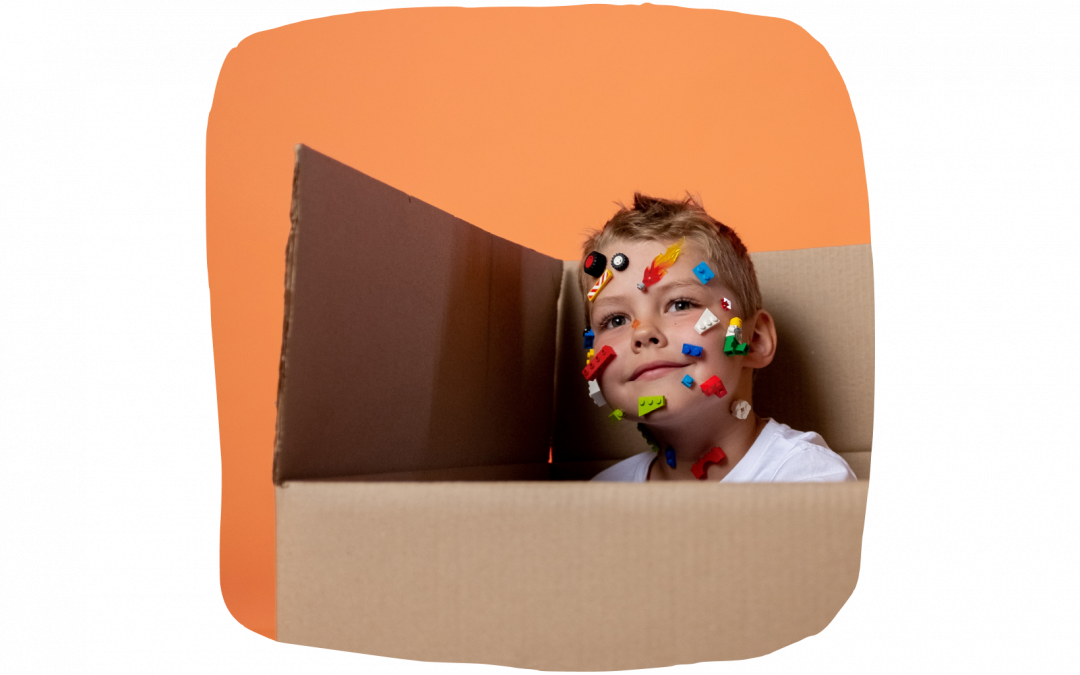Children can be wildly imaginative. The upside of this is that the world is a curious and wondrous place to them, full of possibility and wonder. The downside? They’re often anxious about what they don’t know or understand. As parents, we often have a very hard time understanding our children’s fears. It’s important to validate their feelings without judging them — no matter how silly the fear seems to us. We should also try to help them feel more comfortable by providing information about what they’re scared of and guiding them through the scary situation step-by-step until they can do it on their own. If you want more tips for how to help your shy child gradually gain confidence and independence, keep reading!
Give your child the opportunity to practice and prepare in advance
If a child is given the chance, they will feel more confident when faced with their fears.
- A shy child may be able to prepare by watching videos or reading books about the activity they are going to try. This will help them know what it looks like, how it is done and any correct terminology that might be used.
- They might also want to draw pictures of themselves participating in these activities so they can visualise themselves doing them before trying them out for real!
- If they’re going to give a speech in front of their class and are worried about it, have them talk through what they will say with you or another family member beforehand. This will give them practice thinking about what they want to say before they have to do so publicly.
- Encourage your child to engage in small steps towards overcoming shyness when tackling new experiences—for example, attending one event per month at first rather than trying several different ones all at once will allow them time for self-reflection between events which may help reduce anxiety as well as provide better overall results from each event attended because it won’t feel overwhelming!
Validate, don’t judge feelings
Validate your child’s feelings, but don’t judge them.
- Feelings are real, but not necessarily appropriate. When your child is upset because they didn’t make the basketball team, validate their feelings by saying something like “I can see why you’d be disappointed.” But don’t tell them that there are other things to do in life instead of playing sports or that basketball isn’t really important at all. Those types of comments will only make it harder for your child to process the disappointment and move on from it.
- If a child has made an unhealthy choice (like eating junk food), acknowledge their choice without judgment: “You decided to eat cookies instead of carrot sticks.” This way, you aren’t invalidating their feelings or choices—the cookies were still delicious!
Remind and reassure
If your child is hesitant about something, use the following strategies to help them get past their fears:
- Remind them that they have done this before.
- Reassure them that they will be fine.
- Give them a chance to talk about their feelings and ask them what they need in order to feel more comfortable.
- Assure your child that there are no right or wrong answers when it comes to trying new things, but encourage them by letting them know what you think of the situation at hand and how you would handle it if you were in their place.
At this point, be prepared for some tears or whining—that’s okay! It means they are working through their feelings and getting closer to making progress on this challenge. At this point, listen calmly while allowing him time to process everything out loud; then provide encouragement as needed until they can commit one way or another on whether or not they want another attempt at facing their fear head-on by trying whatever originally made them nervous in the first place.
Guide them to think instead of worrying
If a child is feeling anxious about an upcoming event, try to guide them through the following steps:
- Identify what they are feeling. For example, “I’m nervous about playing in front of my friends.”
- Identify the thought that accompanies this emotion. For example, “I’ll do poorly and everyone will laugh at me.”
- Identify how this thought makes them feel: sad, angry or scared? And what is the consequence of having that feeling?
- Talk about a different thought that could help instead: “I hope people like my music but even if they don’t, who cares? It’s still fun for me.”
Then discuss how this new thought would be helpful: “It would make me feel better because then I wouldn’t worry as much about performing well.”
Now, of course, this isn’t a cure-all for every anxiety or shyness that your child may experience. But it can help them learn how to think through the things they don’t like and find ways to get past those thoughts and do what they want with their life. Shyness can be a hard thing to overcome, but with some practice, kids can become better at talking about their fears and looking for solutions together with their parents. Who knows? They might even surprise you by tackling something they thought they would never be able to do!







0 Comments